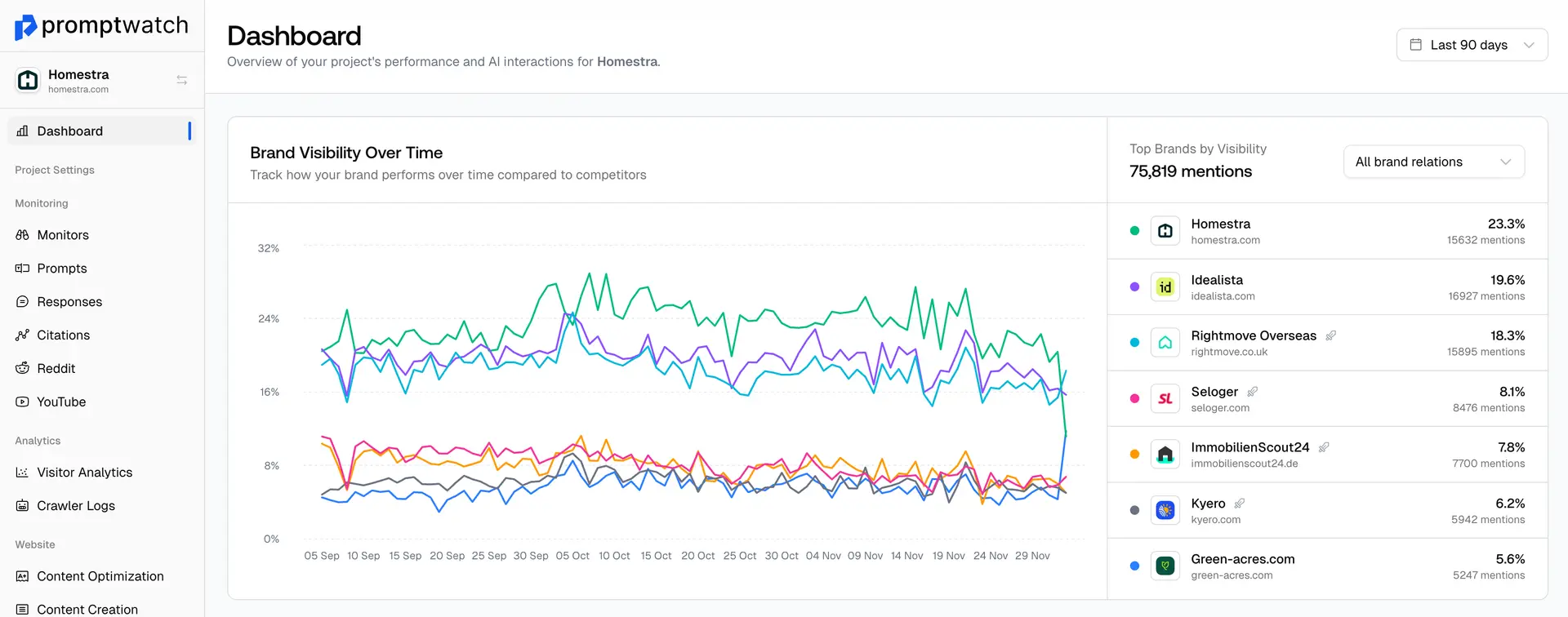Definition
Search Everywhere Optimization (SEO Everywhere) is a comprehensive digital marketing strategy that optimizes content and brand presence across all search platforms and discovery channels, including traditional search engines, AI-powered platforms, voice assistants, social media search, and emerging discovery technologies. This holistic approach recognizes that modern users search for information across multiple platforms and channels.
Unlike traditional SEO which primarily focuses on Google and other search engines, Search Everywhere Optimization acknowledges that search behavior has fragmented across platforms like ChatGPT, Perplexity, LinkedIn, Instagram, TikTok, Amazon, YouTube, and voice assistants. Each platform has its own algorithms, user behaviors, and optimization requirements.
Key components of Search Everywhere Optimization include traditional search engine optimization for Google, Bing, and other search platforms, generative engine optimization (GEO) for AI-powered search and discovery, social media optimization for platform-specific search functions, voice search optimization for smart speakers and virtual assistants, marketplace optimization for Amazon, eBay, and other e-commerce platforms, video platform optimization for YouTube, TikTok, and other video search, and app store optimization for mobile app discovery.
This strategy requires understanding how users search differently across platforms—from keyword-based queries on Google to conversational requests on ChatGPT, hashtag discovery on social media, and voice commands to smart speakers. Content must be adapted for each platform's unique characteristics while maintaining consistent brand messaging.
Search Everywhere Optimization also involves cross-platform content distribution, ensuring that high-quality content appears across multiple discovery channels. This includes repurposing content in different formats (articles, videos, social posts, audio) and optimizing for each platform's specific requirements.
The goal is to create a comprehensive search presence that captures users regardless of where they begin their search journey, recognizing that visibility in the modern digital landscape requires presence across multiple search touchpoints.
Examples of Search Everywhere Optimization
- A SaaS company implementing Search Everywhere Optimization by optimizing for Google search, ChatGPT responses, LinkedIn content discovery, and YouTube video search
- A local business optimizing across Google My Business, voice search queries, social media platforms, and AI-powered local recommendations
- An e-commerce brand creating Search Everywhere strategies that include Amazon optimization, Google Shopping, AI shopping assistants, and social commerce platforms
